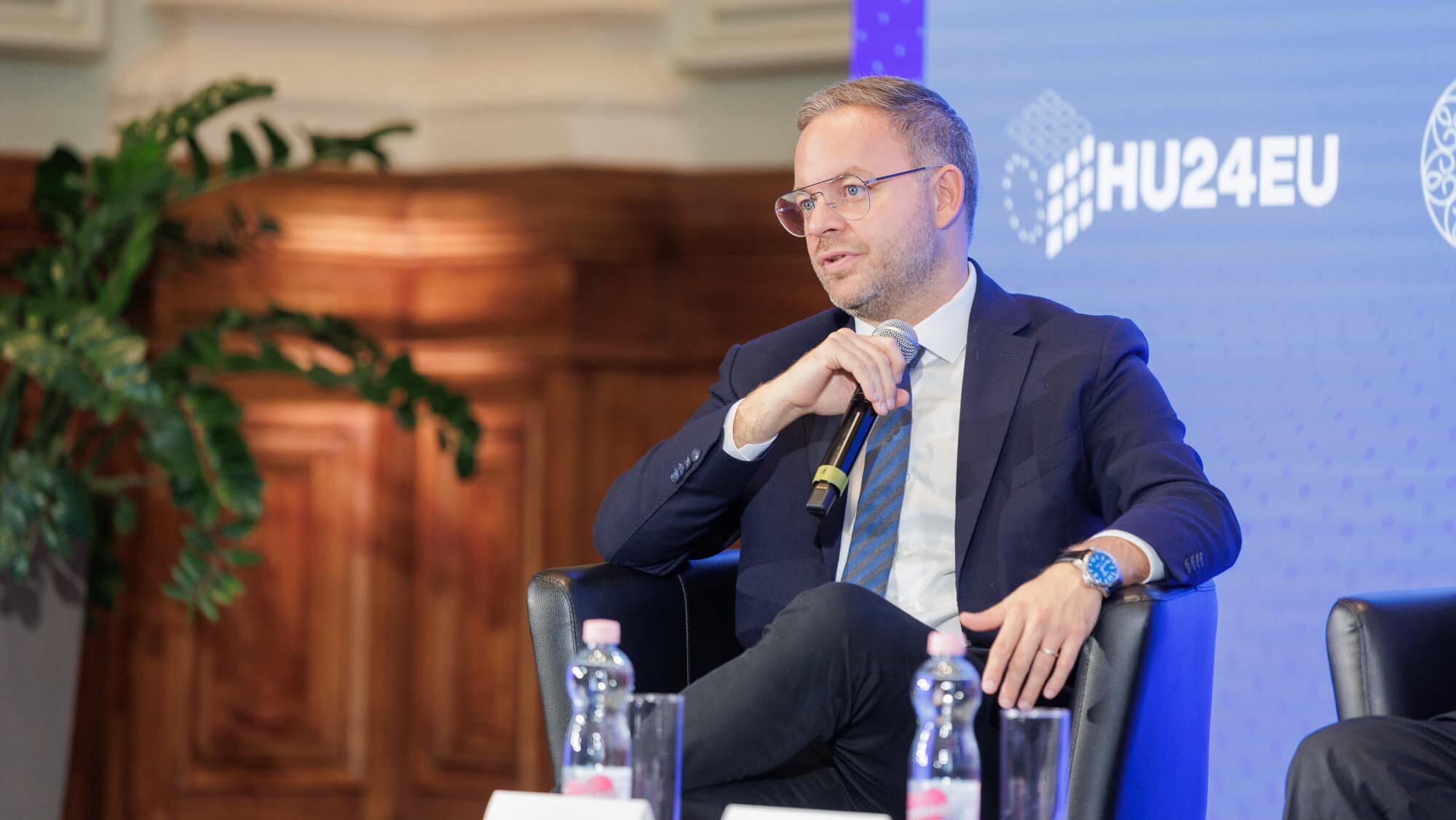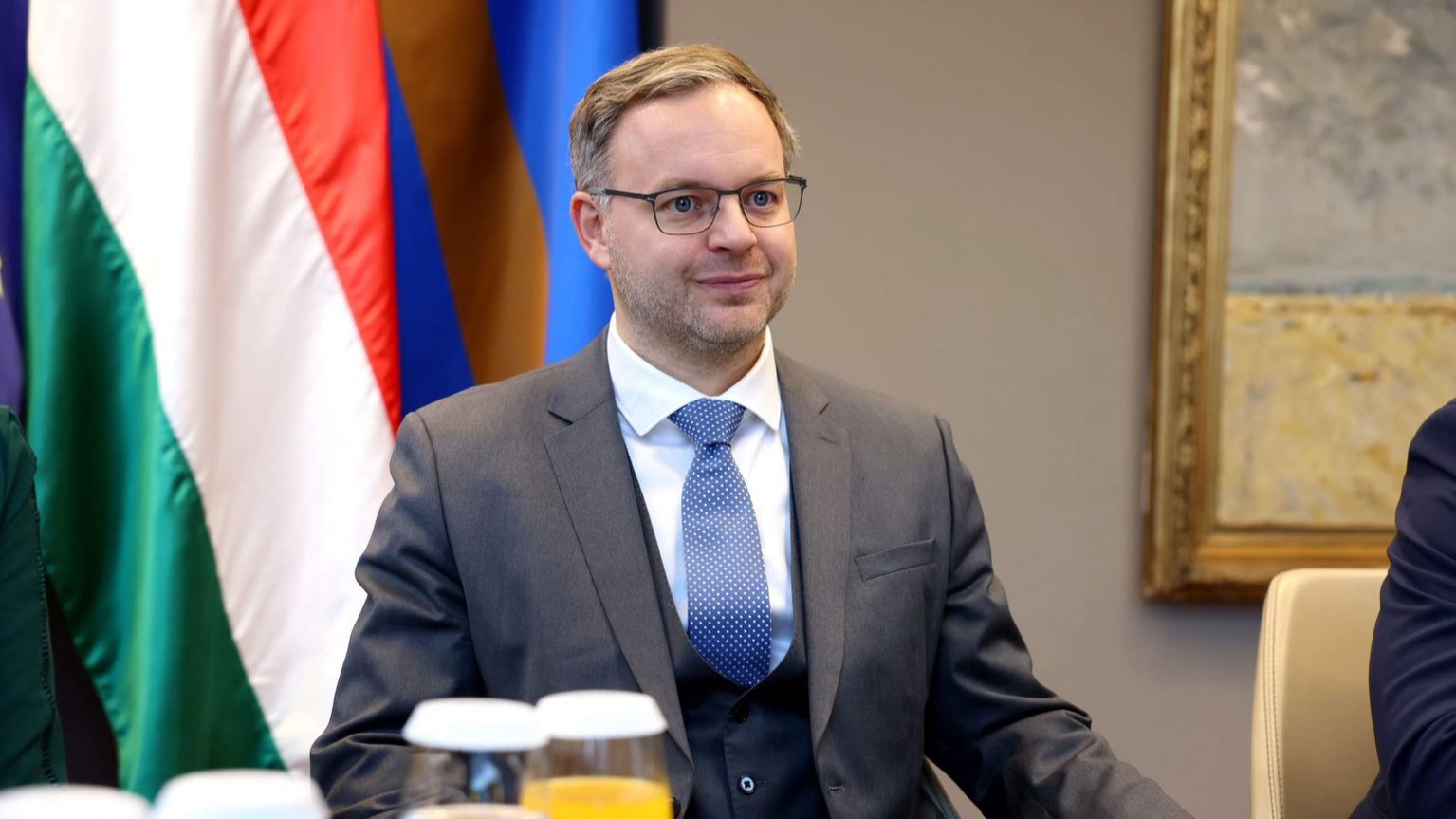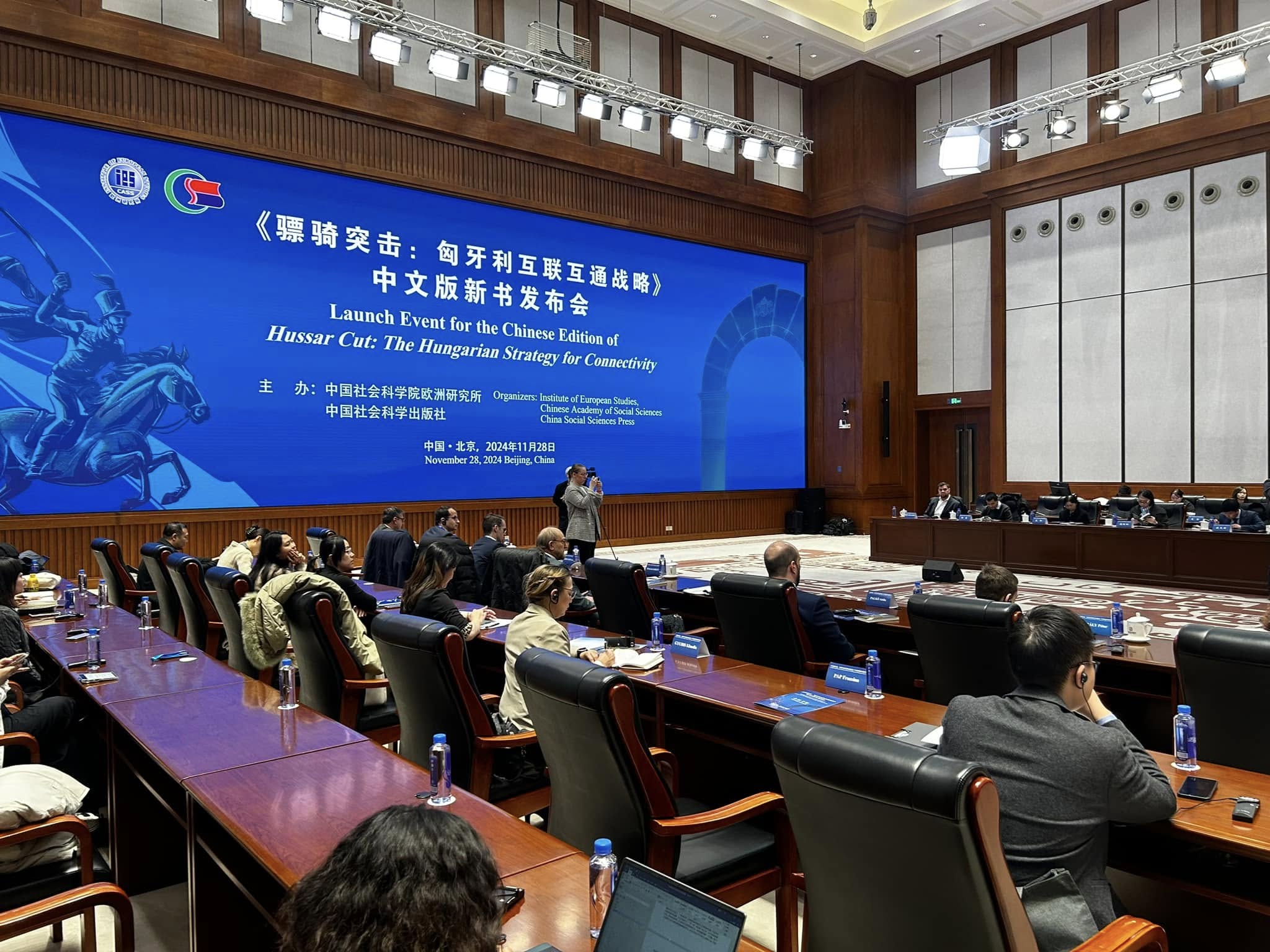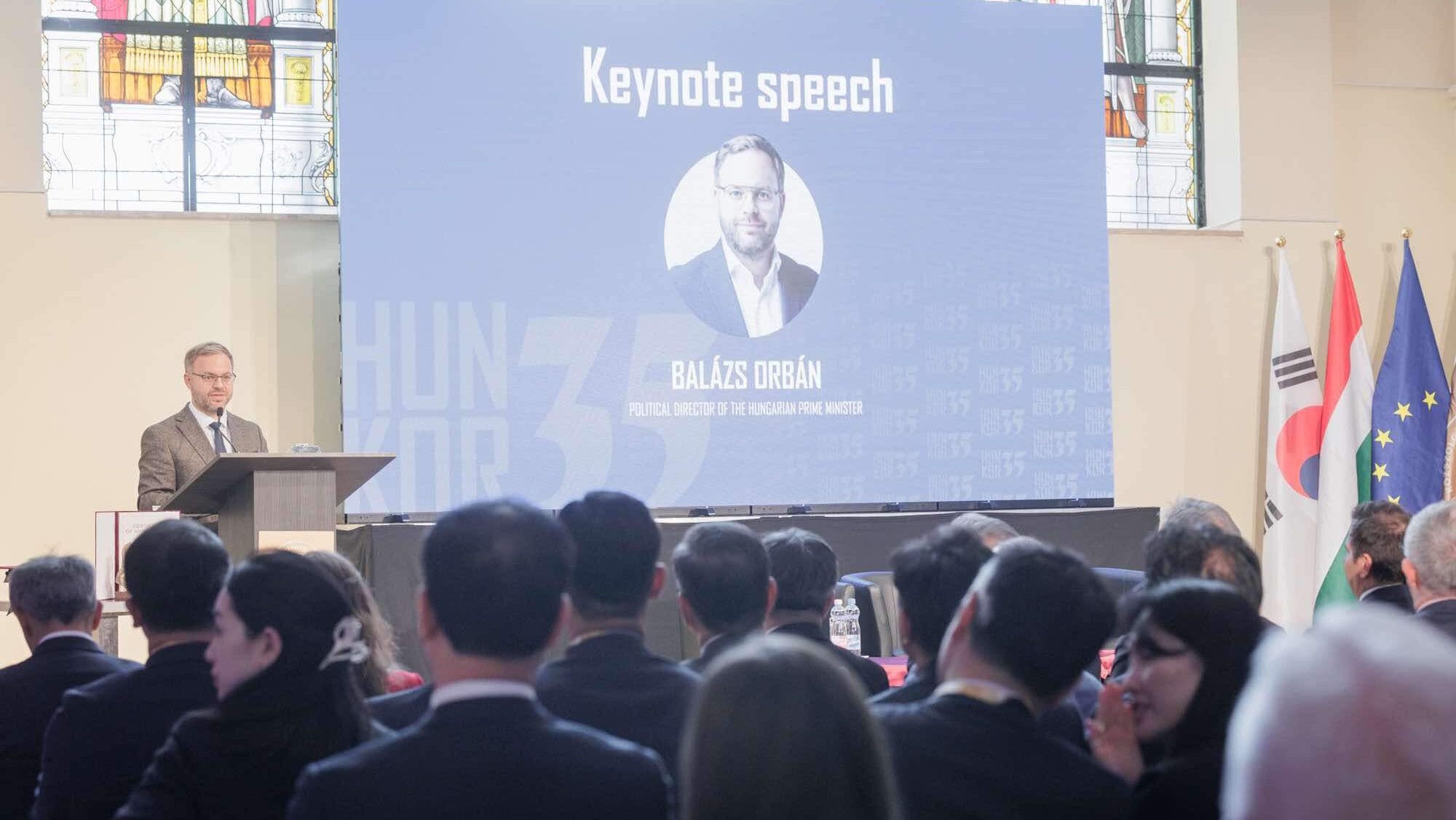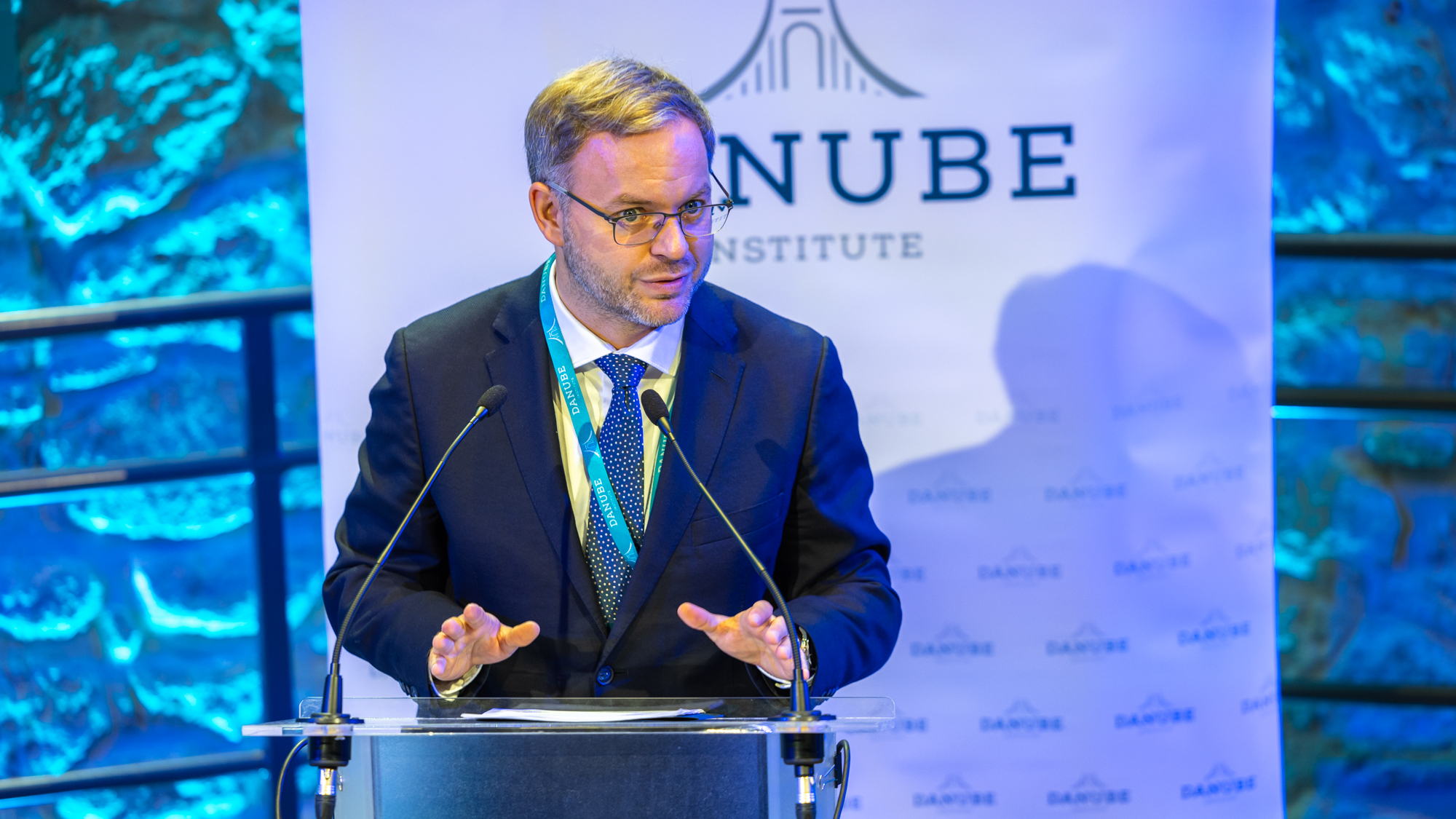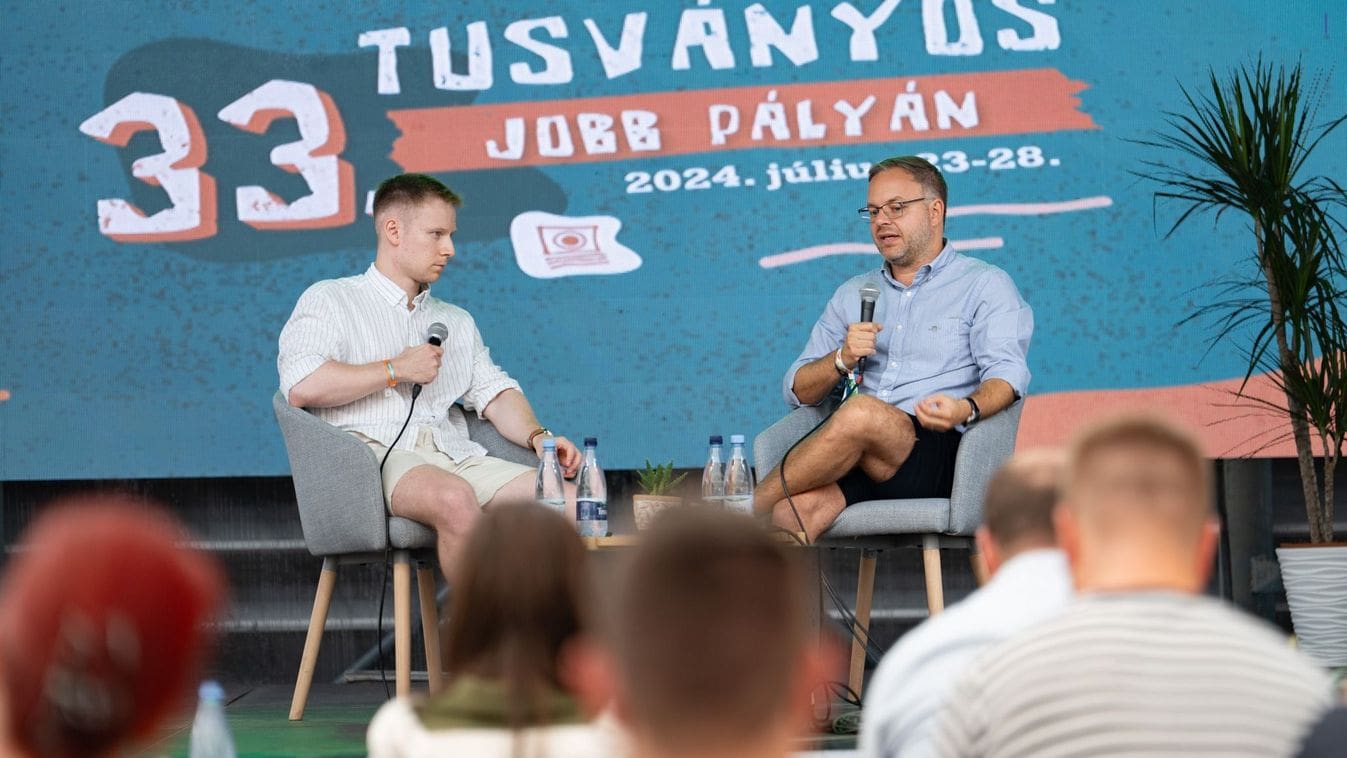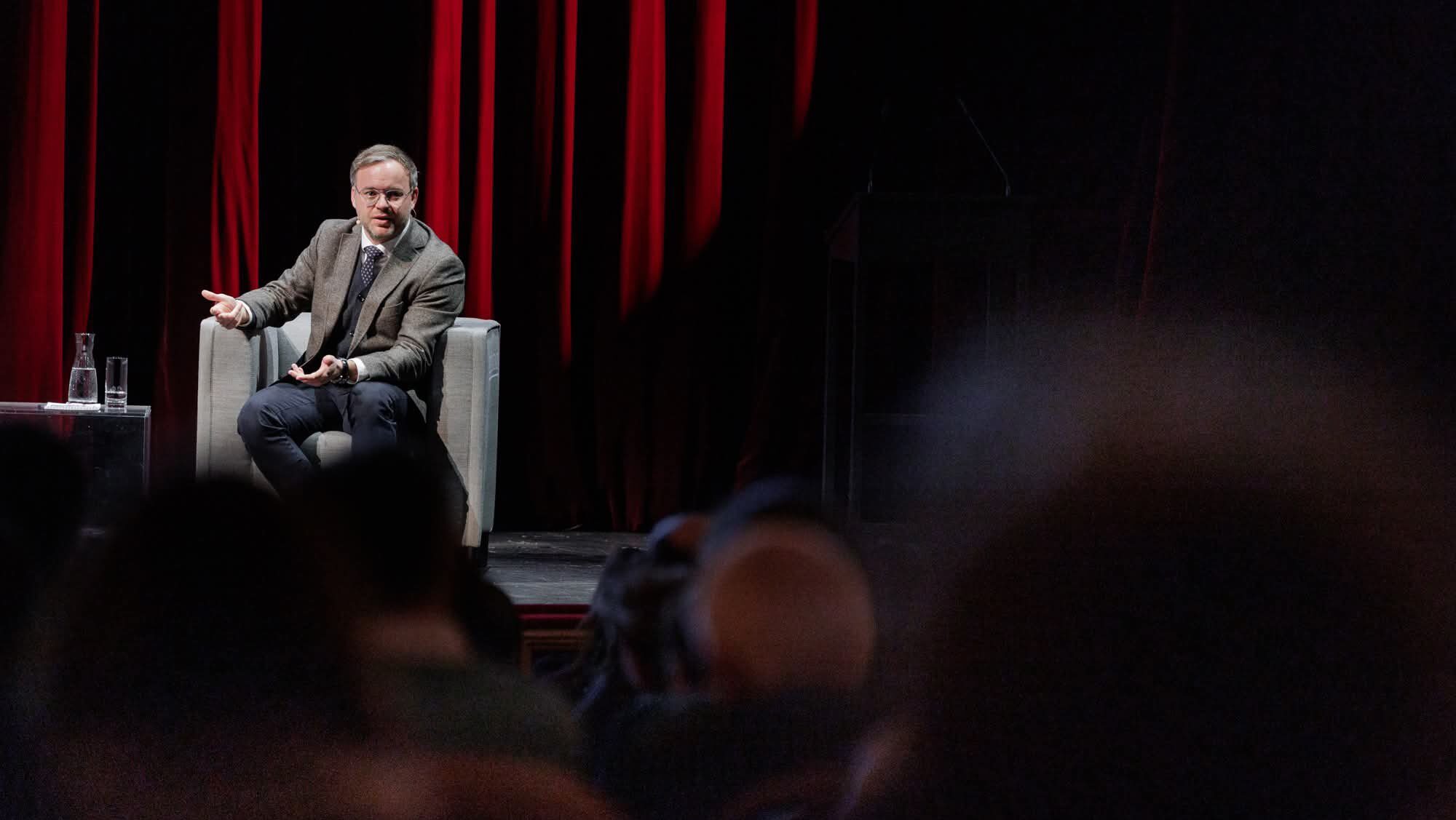
Balázs Orbán Highlights Sovereignty in High-Profile Panel on Trump 2.0
Trump’s emphasis on national interests enables Hungary to prioritize its own, Balázs Orbán, the Hungarian Prime Minister’s political director, noted during a high-profile panel discussion held in Vienna, Austria on Sunday. The panel featuring international experts focused on the potential impact of Donald Trump’s second presidency on the future of Europe.


